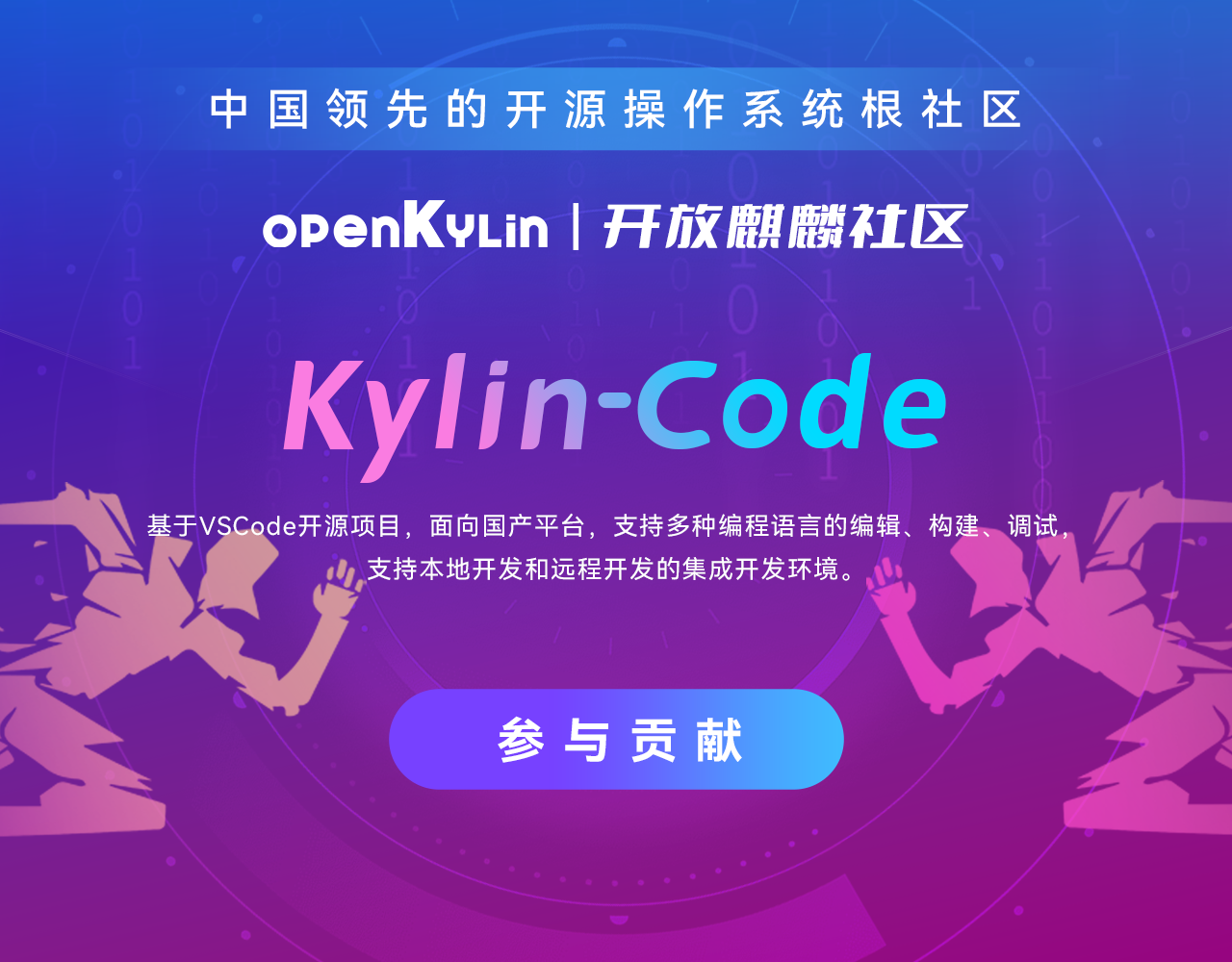//Initialize Stream tb_stream_ref_t istream = tb_stream_init_from_url(" http://localhost/file.xml "); if (istream) { //Open Stream if (tb_stream_open(istream)) { //Initialize Reader tb_xml_reader_ref_t reader = tb_xml_reader_init(istream); if (reader) { //Load data, root is the root node tb_xml_node_t* root = tb_xml_reader_load(reader); if (root) { //Resolve node operation // ... //Release root node tb_xml_node_exit(root); } //Release Reader tb_xml_reader_exit(reader); } } //Release stream tb_stream_exit(istream); }
//Initialize Stream tb_stream_ref_t istream = tb_stream_init_from_url(" http://localhost/file.xml "); if (istream) { //Open Stream if (tb_stream_open(istream)) { //Initialize Reader tb_xml_reader_ref_t reader = tb_xml_reader_init(istream); if (reader) { //Initialize xml reader events tb_size_t event = TB_XML_READER_EVENT_NONE; //Traverse all xml node elements. If an empty event is returned, it ends while ((event = tb_xml_reader_next(reader))) { switch (event) { //Xml document node type event case TB_XML_READER_EVENT_DOCUMENT: { tb_printf("<?xml version = \"%s\" encoding = \"%s\" ?>\n" , tb_xml_reader_version(reader), tb_xml_reader_charset(reader)); } break; //Document Type Node Type Event case TB_XML_READER_EVENT_DOCUMENT_TYPE: { tb_printf("<!DOCTYPE>\n"); } break; //Empty element node type event, for example:<element/> case TB_XML_READER_EVENT_ELEMENT_EMPTY: { //Node element name tb_char_t const* name = tb_xml_reader_element(reader); //Node element attribute list tb_xml_node_t const* attr = tb_xml_reader_attributes(reader); //XML node hierarchy, used to display indented layout tb_size_t t = tb_xml_reader_level(reader); while (t--) tb_printf("\t"); //Traverse all element attributes if (! attr) tb_printf("<%s/>\n", name); else { tb_printf("<%s", name); for (; attr; attr = attr->next) tb_printf(" %s = \"%s\"", tb_pstring_cstr(&attr->name), tb_pstring_cstr(&attr->data)); tb_printf("/>\n"); } } break; //Element start node event, for example:<element> case TB_XML_READER_EVENT_ELEMENT_BEG: { //Node element name tb_char_t const* name = tb_xml_reader_element(reader); //Node element attribute list tb_xml_node_t const* attr = tb_xml_reader_attributes(reader); //XML node hierarchy, used to display indented layout tb_size_t t = tb_xml_reader_level(reader) - 1; while (t--) tb_printf("\t"); //Traverse all element attributes if (! attr) tb_printf("<%s>\n", name); else { tb_printf("<%s", name); for (; attr; attr = attr->next) tb_printf(" %s = \"%s\"", tb_pstring_cstr(&attr->name), tb_pstring_cstr(&attr->data)); tb_printf(">\n"); } } break; //Element end node event, for example:</ element> case TB_XML_READER_EVENT_ELEMENT_END: { tb_size_t t = tb_xml_reader_level(reader); while (t--) tb_printf("\t"); tb_printf("</%s>\n", tb_xml_reader_element(reader)); } break; //Text Node Events case TB_XML_READER_EVENT_TEXT: { tb_size_t t = tb_xml_reader_level(reader); while (t--) tb_printf("\t"); tb_printf("%s", tb_xml_reader_text(reader)); tb_printf("\n"); } break; //CDATA node event, for example:<! CDATA[data]> case TB_XML_READER_EVENT_CDATA: { tb_size_t t = tb_xml_reader_level(reader); while (t--) tb_printf("\t"); tb_printf("<![CDATA[%s]]>", tb_xml_reader_cdata(reader)); tb_printf("\n"); } break; //Comment node events, for example:<-- comment --> case TB_XML_READER_EVENT_COMMENT: { tb_size_t t = tb_xml_reader_level(reader); while (t--) tb_printf("\t"); tb_printf("<!--%s-->", tb_xml_reader_comment(reader)); tb_printf("\n"); } break; default: break; } } //Release Reader tb_xml_reader_exit(reader); } } //Release stream tb_stream_exit(istream); }
//Initialize Stream tb_stream_ref_t istream = tb_stream_init_from_url(" http://localhost/file.xml "); if (istream) { //Open Stream if (tb_stream_open(istream)) { //Initialize Reader tb_xml_reader_ref_t reader = tb_xml_reader_init(istream); if (reader) { //Jump the reader to the specified path if (tb_xml_reader_goto(reader, "/root/node/data")) { //Load data, root is the root node tb_xml_node_t* root = tb_xml_reader_load(reader); if (root) { //Resolve node operation // ... //Release root node tb_xml_node_exit(root); } } //Release Reader tb_xml_reader_exit(reader); } } //Release stream tb_stream_exit(istream); }
//Node type definition description. All other nodes inherit this node typedef struct __tb_xml_node_t { ///Type of node tb_size_t type; ///Name of the node tb_pstring_t name; ///Data of nodes tb_pstring_t data; ///Next node, single linked list struct __tb_xml_node_t* next; //Head of child node, single linked list struct __tb_xml_node_t* chead; //Tail of child node struct __tb_xml_node_t* ctail; //Number of child nodes tb_size_t csize; //Head of attribute node, single linked list struct __tb_xml_node_t* ahead; //Tail of attribute node struct __tb_xml_node_t* atail; //Number of attribute nodes tb_size_t asize; ///Parent node struct __tb_xml_node_t* parent; }tb_xml_node_t;
tb_xml_node_t* head = node->chead; for (node = head; node; node = node->next) { //Only element nodes are processed here:<element></ Element>or<element/> if (node->type == TB_XML_NODE_TYPE_ELEMENT) { //Name size of element node tb_size_t m = tb_pstring_size(&node->name); //Print Element Node Name Child tb_trace_d("%s", tb_pstring_cstr(&node->name)); }
tb_xml_node_t* head = node->ahead; for (node = head; node; node = node->next) { //Print the name and data of the attribute node, for example: attr_name="data" tb_trace_d("%s=\"%s\"", tb_pstring_cstr(&node->name), tb_pstring_cstr(&node->data)); } 

























































